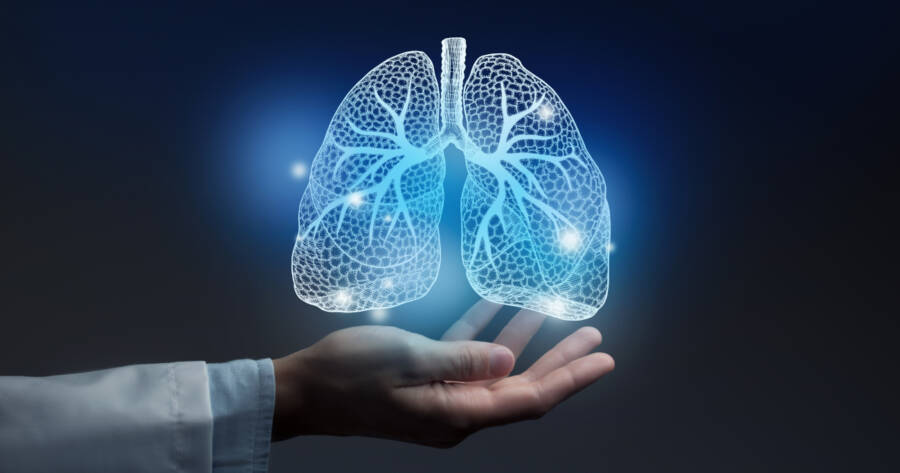Lung cancer is a serious disease with various causes, including smoking and environmental factors. Early detection through recognizing the signs is crucial for effective treatment. Explore the causes, symptoms, and treatment options to stay informed and protect your health.
Triggers Behind Lung Cancer
Understanding the causes of lung cancer is crucial in preventing and managing this deadly disease. While smoking is the leading cause, exposure to secondhand smoke, radon gas, asbestos, and air pollution can also increase the risk. Genetic factors and a family history of lung cancer may also play a role. By identifying these triggers, individuals can make informed choices to reduce their risk.
Detecting Lung Cancer: The Warning Signs
Early detection of lung cancer greatly improves the chances of successful treatment. Recognizing the warning signs is essential for prompt medical intervention. Persistent cough, chest pain, shortness of breath, hoarseness, unexplained weight loss, and coughing up blood are common symptoms.1 However, it’s important to note that some individuals may not experience any symptoms until the disease has progressed. Regular screenings and awareness of these signs can help catch lung cancer in its early stages.
Navigating Lung Cancer Treatments
When it comes to treating lung cancer, there are various options available depending on the stage and type of cancer. Surgery, radiation therapy, chemotherapy, targeted therapy, and immunotherapy are some of the common treatment approaches.2 The choice of treatment depends on factors such as the size and location of the tumor, overall health, and the patient’s preferences. It’s important for individuals diagnosed with lung cancer to consult with a healthcare professional to determine the most suitable treatment plan.
Learn More About Lung Cancer
Now that you have a glimpse into the causes, signs, and treatments of lung cancer, it’s time to dive deeper. Keep researching to access a wealth of information and resources. Educate yourself, spread awareness, and take proactive steps toward preventing and managing lung cancer. Remember, knowledge is power in the fight against this silent killer.
